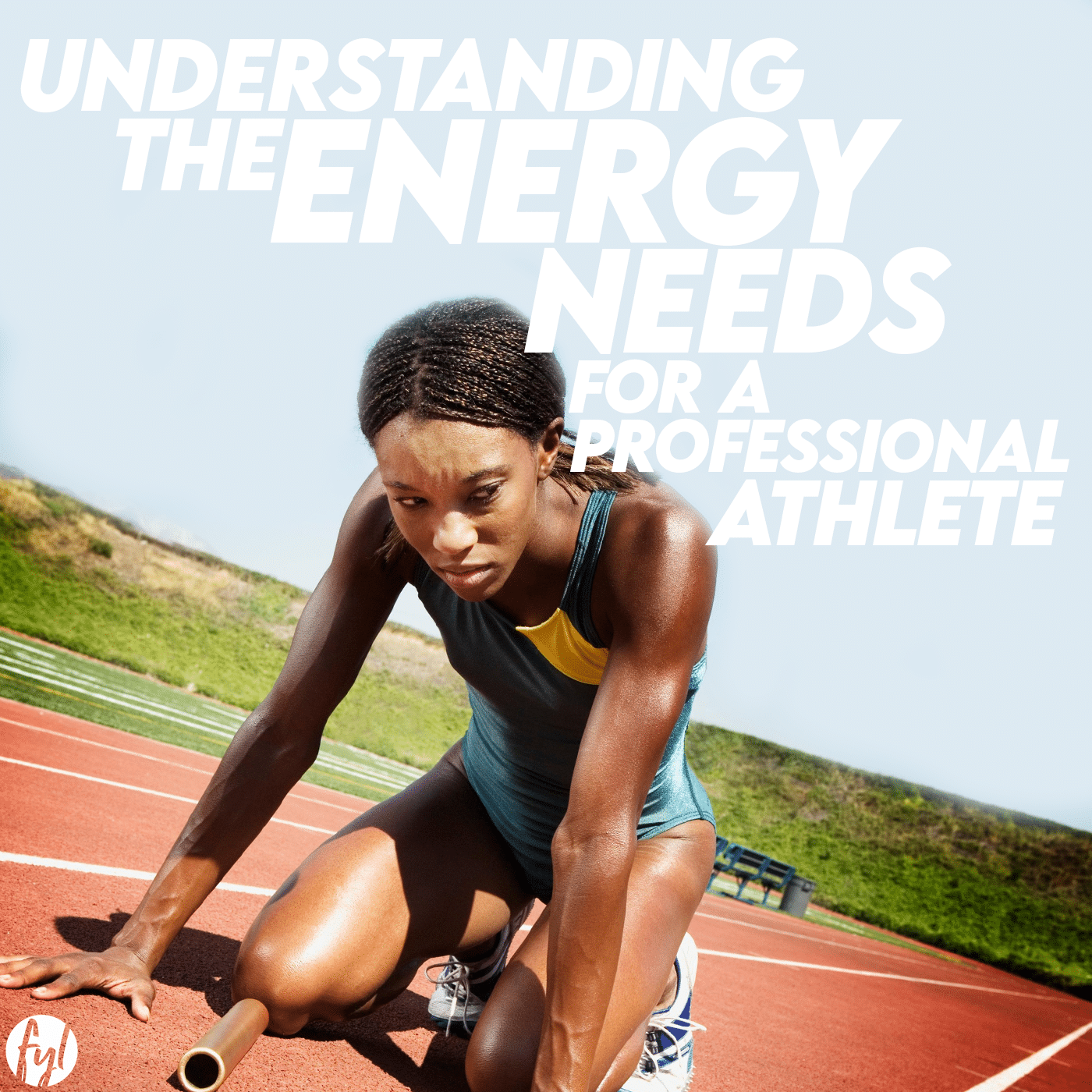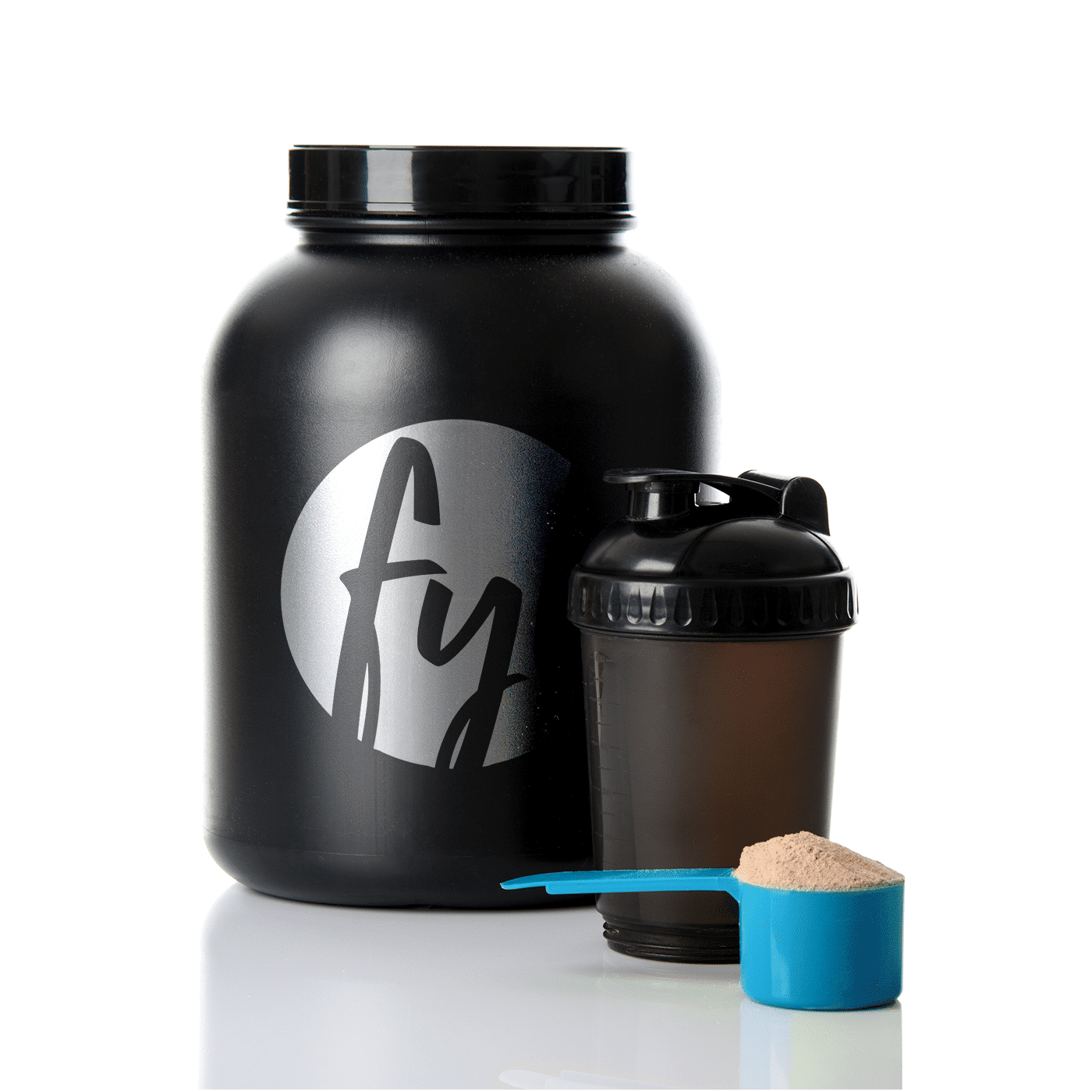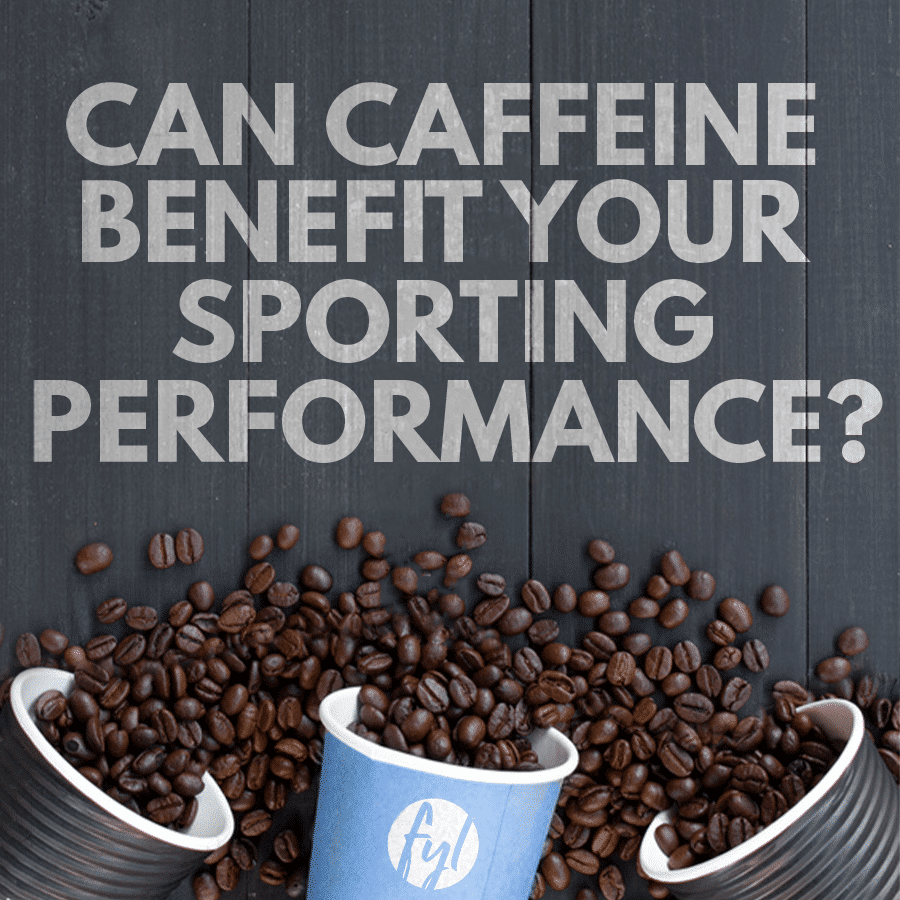As an athlete, meeting your daily energy requirements and understanding the energy needs of a professional athlete plays a huge role in helping you perform at your best. While many athletes might have a general idea of what feels good and works well for their body, formulating the very best, personalised diet for your particular needs can really give you that competitive edge.
Although every athlete is different and you should consult an experienced Sports Dietitian to formulate a diet to meet your individual needs, there are a few simple principles you should be aware of when trying to meet your energy needs.
Fuelling Your Training Sessions
As a recreational or professional athlete, you likely spend a large portion of your day training and therefore burning extra energy.
It goes without saying that the last thing you want is to feel fatigued when you’re mid-workout, so it’s important to eat the right amount of food both before, after and sometimes even during your session. If your body doesn’t have enough energy to fuel itself through a workout, you won’t be able to develop the training adaptations you need to maximise your performance in your chosen sport.
Without the right amount and types of energy, our bodies simply cannot produce the results we want from them. This is where understanding your individual energy needs is so important, because it can help you ensure that you’re fuelling your body in a way that helps, not hinders, your training.
Understanding How Much You Need
There is no one-size-fits-all approach to diet when you’re an athlete, as every training program is different and therefore requires different levels of energy. How much and what you eat will depend on the type, duration and intensity of the exercise you’re doing as well as hoe.
In general, a carbohydrate-based meal or snack should be consumed prior to training sessions (the longer the duration or higher the intensity, the more carbohydrates your body will burn through during the session)… In sessions lasting two or more hours, you should also be consuming an easily digestible source of carbohydrates during your training session to prevent you from running out of fuel.
High-intensity sessions can often be a little trickier, as this type of training can cause gastrointestinal discomfort if the wrong type or volume of food is consumed beforehand. This is where it comes in handy to see a professional Sports Dietitian, as they can help you to formulate the right approach for your particular goals and training program.
Getting the Right Balance of Micronutrients
Hitting your macro and micronutrient targets are essential for success as an athlete. Whether you want to decrease your body fat percentage, increase your muscle mass or improve your cardiovascular fitness, your body must have what it needs to fuel these processes.
As a general rule, athlete’s often have higher iron, protein and fluid requirements. These nutrients can be sourced from:
- Lean red meat
- Eggs
- Milk
- Fortified cereals
- Legumes
- Dark leafy greens
Packing in the right nutrients in the right amounts will not only have you feeling great but performing at your best both short and long-term.
Speak to One of Our Accredited Sports Dietitians today!
If you’re an athlete looking to take your performance to the next level or just to understand the energy needs of a professional athlete better, our team of professionals can help. Simply get in touch with Fuel Your Life today to book your appointment!








One Comment